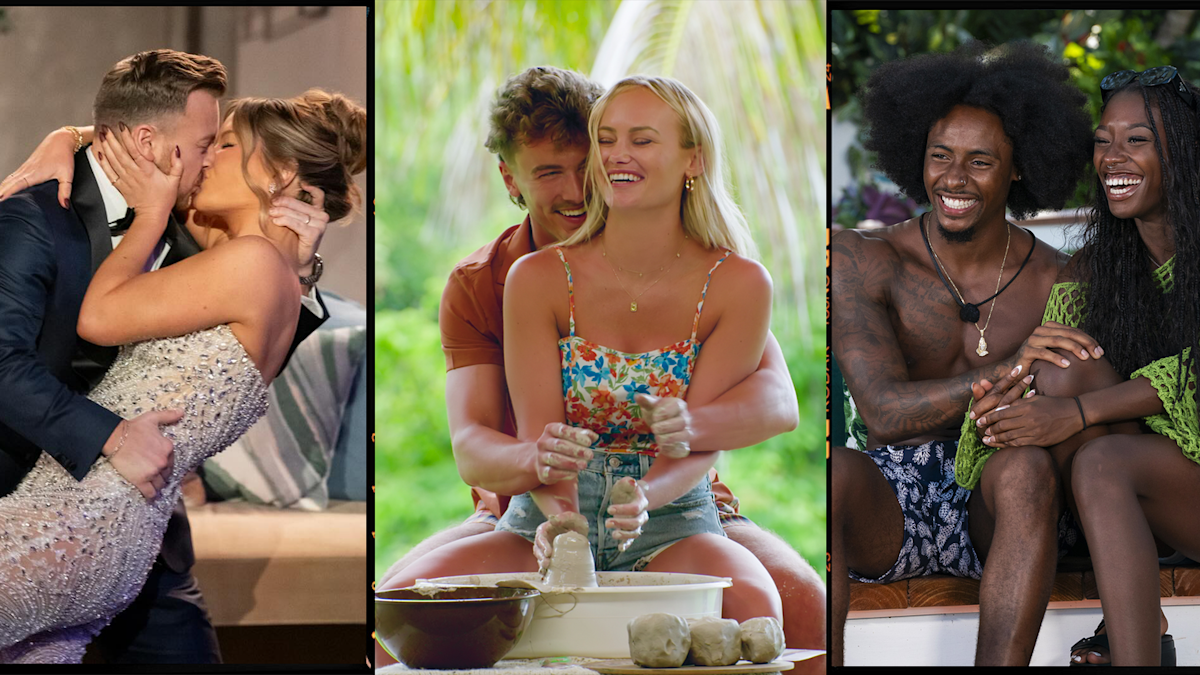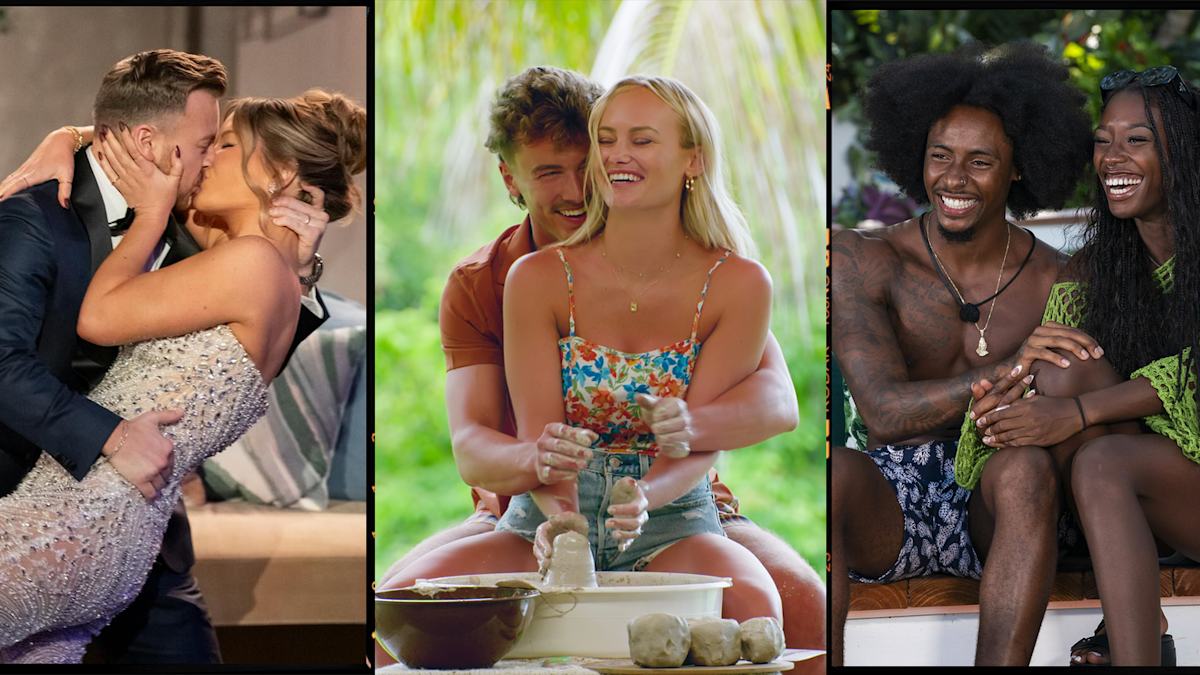## Love is a battlefield, and sometimes that battlefield is televised.
Forget candlelit dinners and stolen glances; when it comes to reality dating shows, the drama unfolds in confessionals, challenges, and (let’s be real) a whole lot of tears. From the iconic first season of “The Bachelor” to the wildly unpredictable twists of “Love Island,” these shows have become a cultural phenomenon, offering a voyeuristic glimpse into the messy, thrilling, and often hilarious world of searching for love.

Too Hot to Handle: Can Attractive People Resist Their Sexual Urges?

Too Hot to Handle, a popular Netflix series with six seasons, relies on a single question: Can outrageously attractive people resist their sexual urges when there’s money on the line? The show has proven time and time again that the answer is often no. Too Hot to Handle places 10 (typically commitment-phobic) singles on an island, where for four weeks they have to participate in workshops and lessons to improve the way they date, all while being forbidden to touch each other. (Each time that they break the rule, the group loses a bit of their collective prize money. It’s earned this spot on the list because the concept has come to get a bit predictable, but the action is still entertaining nonetheless.
Watch on Netflix
The Ultimatum: Marry or Move On: The Ambitious Social Experiment
The Concept of The Ultimatum and Its Deep Insights into Relationships
The social experiment at hand is ambitious. This Netflix series presents somewhat steady couples with…get this… an ultimatum. They get eight weeks to figure out if they want to spend the rest of their life with their partners, all the while testing the waters with other potential love interests in the group. The Ultimatum gets deep—if you’ve ever found yourself in a long-term relationship where the big “stick it through or tap out now” question’s arisen, you’ll feel seen.
The Variety of The Ultimatum Franchise
Plus the franchise has variety; there’s a queer love spinoff that’s got some of the most engaging drama reality TV has ever seen.
Married at First Sight: The Drama and Success Rate
The Drama of Married at First Sight: Wedding Meltdowns and Marriage Betrayals
Yes, most shows that warrant a spot in our top 10 list here bring betrothal into play, and Married at First Sight is no different. The drama of this show hinges on the fact that its participants are “expertly” matched up to a partner whom they have to marry…at first sight. And that goes as smoothly as you might expect. There have been wedding meltdowns, marriage betrayals (with other cast members), and a runaway bride.
The Success Rate of Marriages on the Show: Almost 16 Percent!
But at the end of the day, marriages on this show have almost a 16 percent success rate! That’s not zero!
The Bachelor/The Bachelorette Franchise: The OG of Modern Dating Shows
The Concept and Mechanics of The Bachelor/The Bachelorette
I consider this the OG of modern dating shows. If you’re unfamiliar, the concept is simple: a single person (the Bachelor or Bachelorette) dates multiple people, with the goal of finding love. The show is known for its over-the-top dates, dramatic rose ceremonies, and the occasional love triangle.
Why The Bachelor/The Bachelorette Remains a Favorite Among Viewers
It’s engaging, but also informative to watch how people move through the already fraught experience that is dating when the stakes have been raised with prize money on the table and producers roaming around off-camera. That’s why we file it under “necessary viewing.”
Conclusion
As we’ve traversed the realm of reality dating shows, it’s clear that these programs have captivated audiences, sparked controversy, and redefined the boundaries of love, relationships, and human connection. From the early days of “The Bachelor” to the more recent successes of “Love is Blind” and “Too Hot to Handle”, these shows have consistently pushed the envelope, offering a unique blend of drama, romance, and self-discovery.
Beyond their entertainment value, reality dating shows have also had a significant impact on our cultural landscape. They’ve challenged societal norms, redefined what it means to be in a relationship, and provided a platform for diverse voices and perspectives. Moreover, they’ve also raised important questions about consent, boundaries, and the commodification of love. As we move forward, it’s crucial that we continue to engage with these shows critically, acknowledging both their entertainment value and their complex implications.
As we look to the future, it’s clear that reality dating shows will continue to evolve, reflecting the changing attitudes and values of our society. Will we see more shows that prioritize emotional intimacy and vulnerability, or those that focus on the pursuit of societal validation? One thing is certain – these shows will continue to captivate and polarize us, sparking conversations, controversies, and crucial reflections on what it means to be human. And as we tune in to the next generation of reality dating shows, one thing is clear: love, in all its messy, beautiful complexity, will remain the ultimate prize.
